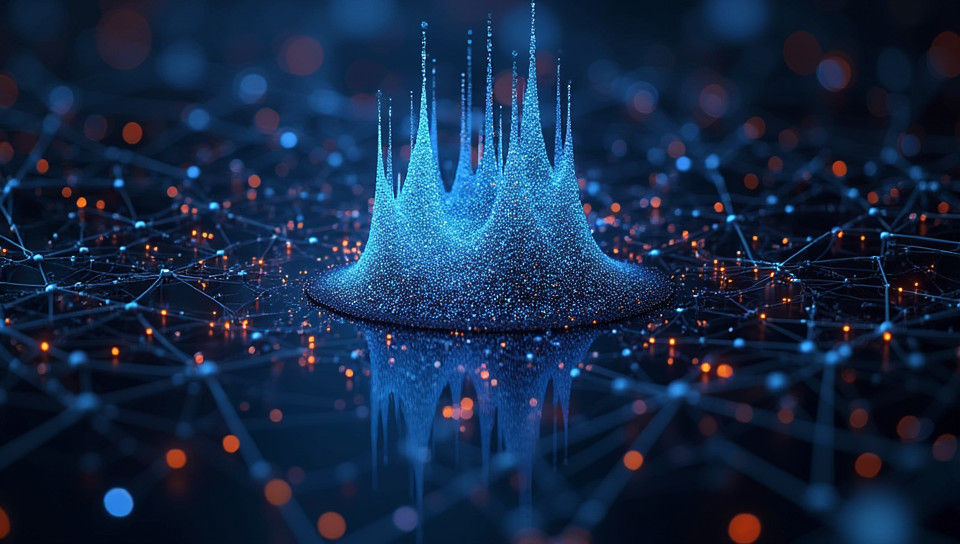Quantum computers are prone to errors due to decoherence 86%

Decoherence: The Silent Threat to Quantum Computing
As researchers and engineers continue to push the boundaries of quantum computing, they're faced with a daunting challenge: maintaining the fragile quantum state that makes these machines so powerful. The culprit behind this challenge is decoherence, a phenomenon that causes quantum computers to lose their delicate balance and succumb to errors.
What is Decoherence?
Decoherence is the loss of quantum coherence due to interactions with the environment. In simpler terms, it's when the fragile quantum state of a qubit (the basic unit of quantum information) becomes disrupted by external factors like temperature fluctuations, electromagnetic interference, or even nearby particles.
The Consequences of Decoherence
Decoherence has severe consequences for quantum computing. When a qubit loses its coherence, it can no longer perform calculations with the same level of precision as before. This leads to errors in computation, which can quickly accumulate and render the entire system useless.
- Inaccurate results
- Increased computational time
- Decreased system lifespan
The Quest for Error Correction
Researchers are working tirelessly to develop robust methods for mitigating decoherence and preserving quantum coherence. Some promising approaches include:
Quantum Error Correction Codes
These codes rely on clever algorithms that detect and correct errors in real-time, ensuring the integrity of quantum information. However, these codes come with their own set of challenges, such as increased computational overhead and limited scalability.
Quantum Error Correction via Dynamical Decoupling
This technique involves applying carefully timed pulses to qubits to minimize interactions with the environment, effectively shielding them from decoherence. While promising, this method is still in its early stages and faces significant technical hurdles.
Conclusion
Decoherence poses a significant threat to quantum computing's future, but it's not an insurmountable challenge. By understanding the causes of decoherence and developing innovative solutions, researchers can push forward with building more reliable and efficient quantum computers. The quest for error correction is ongoing, and it will be exciting to see how scientists and engineers tackle this critical issue in the years to come.
- Created by: Andriy Savchenko
- Created at: Aug. 16, 2024, 9:59 p.m.
- ID: 7418



